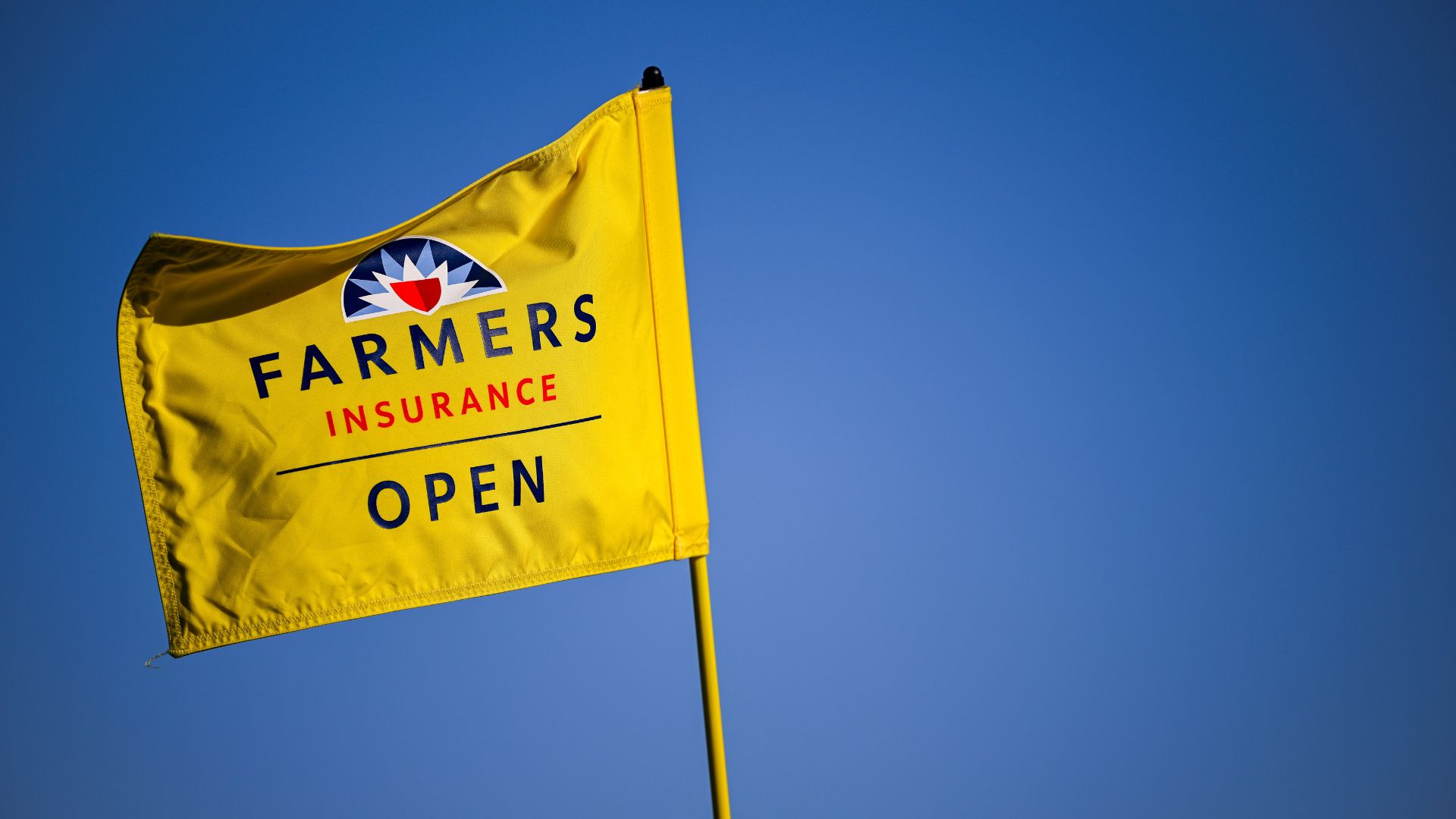German starters and Brooks Koepka’s comeback add excitement to the PGA Tour opening at Torrey Pines. Find out the tee times here.


German starters and Brooks Koepka’s comeback add excitement to the PGA Tour opening at Torrey Pines. Find out the tee times here.

German players and Brooks Koepka’s comeback add excitement to the PGA Tour opener at Torrey Pines. Find out the tee times here.

German starters and Brooks Koepka’s comeback add excitement to the PGA Tour opener at Torrey Pines. Check out the tee times.

Brooks Koepka takes the step back to the PGA Tour, sharing insights about his reasons for returning in a press conference.

Two more German professionals, alongside Stephan Jäger and Matti Schmid, qualified on Monday for the Farmers Insurance Open.

Brooks Koepka’s best shots: hole-outs, recovery shots, and decisive moments from his successful PGA Tour career at age 35.

German players and Brooks Koepka’s comeback create excitement at the PGA Tour opener in Torrey Pines. Discover the tee times here.

DACH players tee off at the Bapco Energies Bahrain Championship. All tee times and pairings at the Royal Golf Club.

German players and Brooks Koepka’s comeback add excitement to the start at Torrey Pines on the PGA Tour. See the tee times here.

German players and Brooks Koepka’s comeback add excitement to the PGA Tour opener at Torrey Pines. Check out the tee times here.